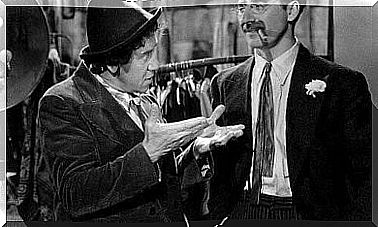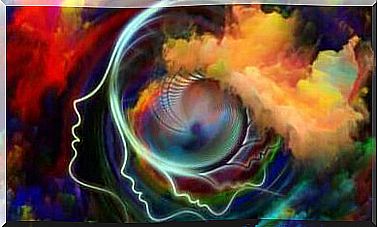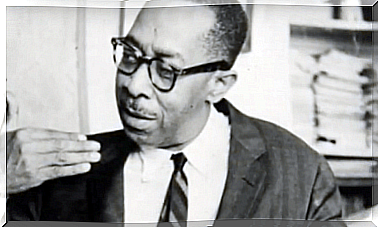Childhood Experiences Can Change The Brain, According To Science
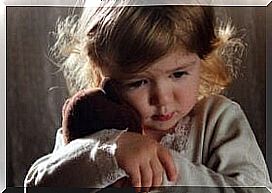
Several schools have long emphasized the influence of childhood experiences throughout life. Today, it is the neurosciences that corroborate this fact and bring to the fore the fundamental importance of these first years of life.
Isabel Pérez-Otaño, researcher at the UMH-CSIC Institute of Neuroscience in Alicante, said childhood experiences mark the rest of our lives. While some aspects can change over time, the truth is that these early experiences generate patterns that stick around for the long haul.
The expert explains that the first years until adolescence are a critical stage in the development of the brain. Even more important is childhood experiences, as the brain is like a computer without software. Each experience is like the introduction of this software and will determine how it works.
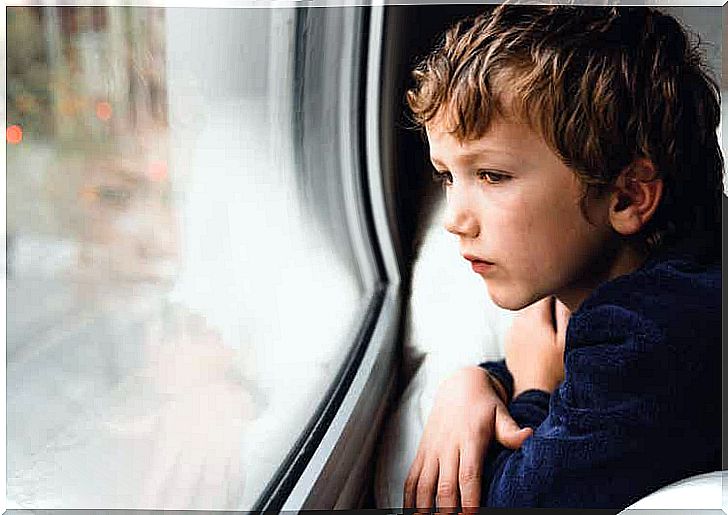
Childhood experiences can change the brain
Isabel Pérez-Otaño recalls that the essential properties of the brain are plasticity and the capacity to process information. Plasticity is at its highest during the first years of life, until puberty. That’s why childhood experiences, even those that don’t seem so relevant, shape the brain.
In other words, it is during the first years of life that the brain is most likely to be altered by any experience. We are born with many synaptic connections, that is, connections between neurons. Many more are formed early in life, and over time they only become more refined as new experiences are gained.
If the experiences are repetitive, connections are strengthened and maintained. Those which are not repeated tend to make disappear the synaptic connections which they generated.
Therefore, although the genetic basis is very important, the environment is also decisive. Any negative experience is much more damaging to the personality if it occurs in the early years of life.
Bad childhood experiences
Abuse, abuse, or partial or total neglect are very negative experiences for a baby or child. In neuroscience, this constitutes continuous exposure to stress. Stress is not negative if it is related to a specific experience, as it allows the individual to build appropriate responses to face and cope with adversity.
On the other hand, if the negative experiences of childhood are repeated, things are very different. A model is created that will generally make the person more susceptible to stress in adulthood, less empathetic, and with less social skills.
Dr. Isabel Pérez-Otaño tested her theory on a group of mice. She found that stress and deprivation negatively altered the brains of young mice. Other studies have come to the same conclusion.
Stress and young brains
Researchers from the National Center for Scientific Research (CNRS) and Pierre and Marie Curie University (Paris, France) conducted a study on young mice exposed to stressful situations. Specifically, the rodents were placed in an environment in which there was a dominant aggressor. At the same time, experiences were created in which young people were socially defeated.
Animals that were continually subjected to this situation were observed to develop chronic anxiety and increased social aversion. Those who were assaulted then avoided social contact with their peers and also developed depression.
In a similar study conducted at Johns Hopkins University (Baltimore, USA), adolescent mice were exposed to continuous stress. They have thus been affected in a gene encoding a neurotransmitter associated with mental function and psychiatric illnesses. In other words, they have become more prone to suffer from brain related disorders.
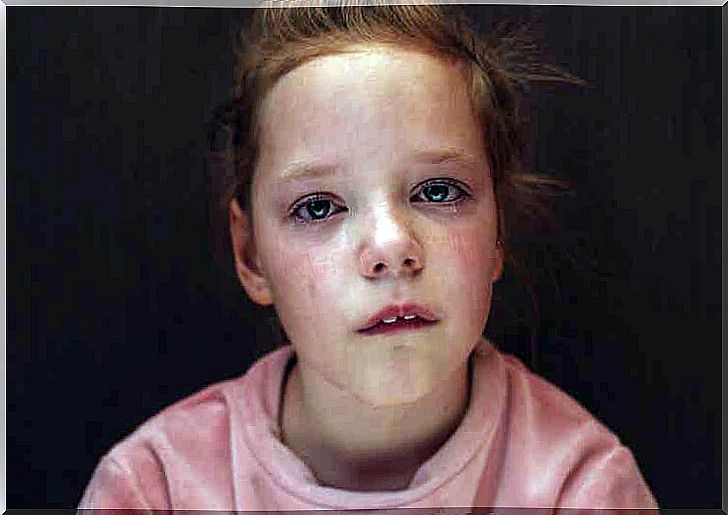
Caring for the child’s brain
All of the above leads to a fundamental conclusion: the experiences of childhood are a determining factor in the life of every human being. Deficiencies and stressful experiences in the early years make a person more vulnerable to mental disorders and limit their psychological development.
Children and adolescents need adults who are able to embrace and accept them with love. They need adults who hold their hands to guide them and view their mistakes as a normal, healthy part of their development. Abuse, indifference or estrangement leave traces that may never be erased.





